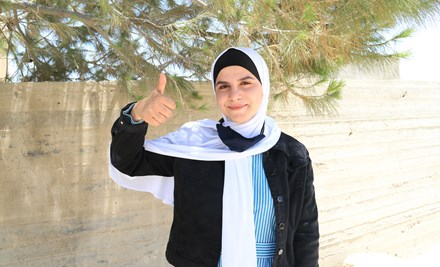In the context of climate change, the Middle East holds significant importance due to its vulnerability to climate impacts, geopolitical implications in global energy markets, potential to infuence global climate patterns, and cultural and historical significance.
Children and young people in the Middle East occupy a unique position
within the narrative of climate action.
Understanding their perspectives on climate change is crucial because it offers insights into their forthcoming encounters with its effects, fostering early awareness and involvement. This understanding of mental mapping can then inform the development of targeted policies and interventions, empowering children and young people to actively contribute to climate action and ultimately enhancing long-term sustainability and resilience efforts.



